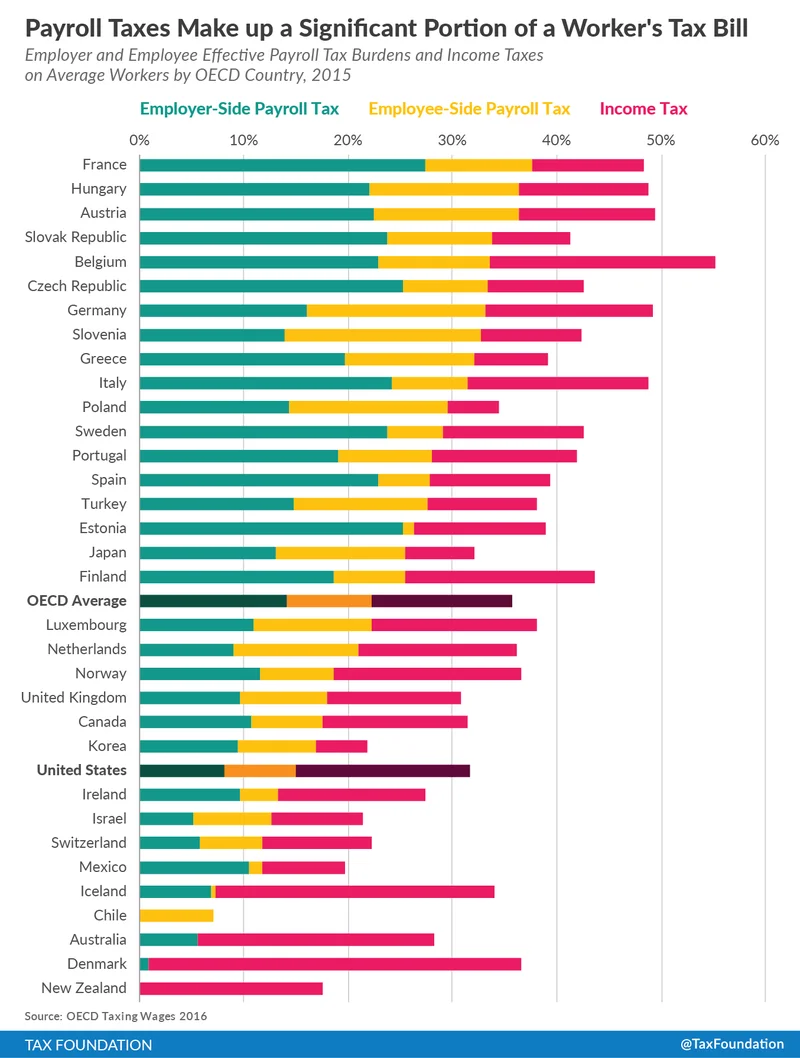Health at a Glance 2025: Are We Finally Seeing the Light?
Alright, everyone, buckle up. The OECD just dropped "Health at a Glance 2025," and while the headlines might paint a mixed picture, I'm seeing glimmers of real, tangible progress. We're talking about a comprehensive look at health trends across developed nations—a vital check-up for humanity, if you will.
Sure, there are challenges. We're still grappling with the long shadow of the pandemic, and the rise in obesity rates is a serious concern. But before we dive into the nitty-gritty, let's zoom out and appreciate the bigger picture.
A Shift in Perspective
For years, healthcare spending has been steadily climbing, and this report confirms that trend, with an average of 9.3% of GDP allocated to health in 2024. But here's the thing: it's not just about how much we're spending, but where we're investing. And that's where I see a potential paradigm shift.
The report highlights a fascinating, albeit temporary, blip: spending on prevention spiked during the pandemic, jumping to 6% of total health expenditure before settling back to 3% in 2023. Now, some might see that drop as a setback, but I see it as a learning opportunity. We know that preventative care works. We've seen it in action. The challenge now is to maintain that momentum, to integrate preventative measures into our healthcare systems in a sustainable way. What if we could maintain a higher level of preventative care spending, not just during crises, but as a standard practice? What kind of long-term impact would that have on public health and well-being?
It's like shifting from fixing a leaky roof after the storm to proactively weatherproofing your home before the rain even starts. One is reactive, costly, and stressful. The other is proactive, efficient, and gives you peace of mind.
And speaking of long-term impact, the report also touches on life expectancy, noting that it has recovered in many countries but remains below pre-pandemic levels in some. This is a stark reminder of the fragility of human life and the importance of investing in public health infrastructure. But it also underscores the resilience of the human spirit. We are bouncing back. We are learning from our mistakes.

One of the most sobering statistics in the report is that 3 million premature deaths among people aged under 75 could have been avoided through better prevention and healthcare. Let that sink in for a moment. Three million lives. That's not just a number; it's a tragedy. But it's also a call to action. It's a reminder that we have the power to change things, to save lives, to build a healthier future for ourselves and for generations to come.
This is the kind of breakthrough that reminds me why I got into this field in the first place. The potential to make a real, tangible difference in people's lives.
Now, I know what some of you might be thinking: "Easier said than done, Aris. Healthcare is a complex, bureaucratic mess." And you're not wrong. But complexity is not an excuse for inaction. It's a challenge to be overcome.
It's like the early days of the internet. Remember how clunky and confusing it was back then? But we didn't give up on it. We kept tinkering, kept innovating, kept pushing the boundaries of what was possible. And look where we are today. The internet has transformed our world in ways we could never have imagined.
I think, in the next 10 years, we will see more and more focus on preventative care and personalized medicine, and, dare I say, we may even see a change in the mentality of healthcare.
The Dawn of a Healthier Tomorrow
So, what's the real takeaway here? The "Health at a Glance 2025" report isn't just a collection of statistics; it's a roadmap for the future. It's a reminder of the challenges we face, but it's also a testament to our resilience and our capacity for innovation. It's a call to action, urging us to invest in prevention, to embrace technology, and to build a healthcare system that is truly accessible and equitable for all. It's a sign, perhaps, of a new era of health awareness and proactive healthcare management. A future where we don't just treat illness, but we actively cultivate wellness.
